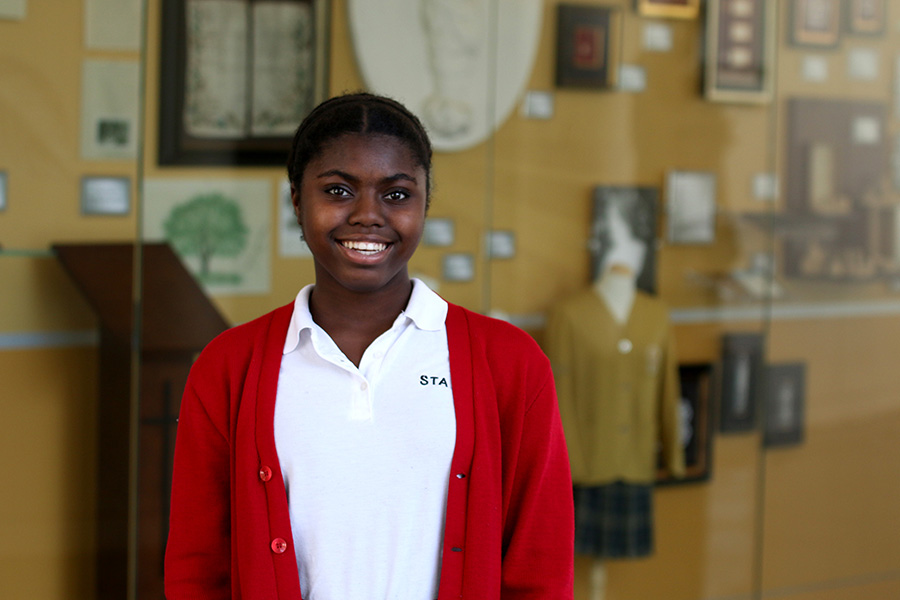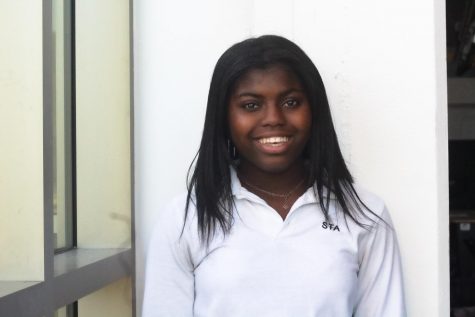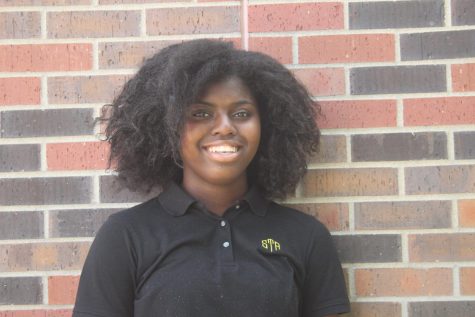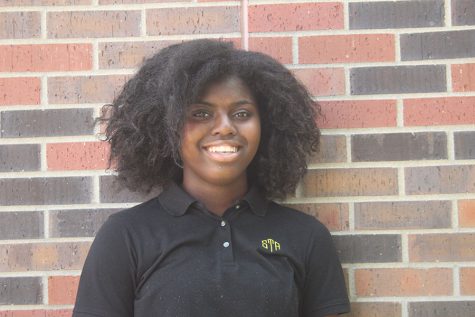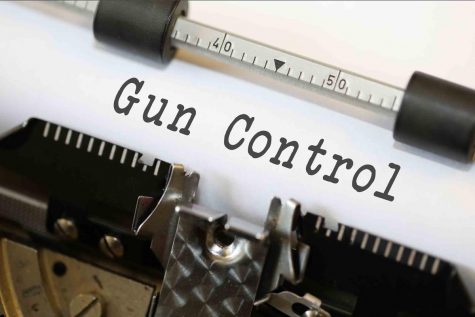Intersectional Feminism
If your feminism isn’t intersectional, it’s not really feminism.
November 13, 2017
Those who know me, know that I feel very passionate about a plethora of social issues. The scope of my social activism expands far past my first-hand experiences. As a black girl, I am at the intersection myself. This means a lot of beautiful things, associated with my culture, but it also means I face a mixture of sexism and racism. My activism is not limited to just being a woman, or just being black, but there is a unique experience one faces because they’re both. Due to my acknowledgment of different issues facing different communities, and how those issues overlap, I identify as an intersectional feminist.
Intersectional feminism, a term created by Kimberle Crenshaw in 1989, is the appropriate answer to feminism’s long, racist history. There is a very troubled past of the exclusion if you were not white, middle to upper class, straight, and cisgendered. It led many activists in the 20th century to stop identifying as feminists. That’s where intersectionality came in. Crenshaw gave a name to the plights all women felt, while at the crossroads of varying identities. It was a direct rebuttal to the plights that “white feminism” caused for women of color all over the world.
A large problem in activist communities is the lack of acknowledgment of others’ struggles. If you are not an intersectional feminist or ally yourself to the movement, you are part of the problem. Womanhood is not universal. A trans woman will face different problems than a white woman, who will face different problems than an Afro-Latina woman. If we do not take time to discuss the social problems that lie at these intersections, things will never get better for all women.
Standing complacent in the face of others’ adversity is why many no longer align themselves with feminism today. It’s time for all women to stand for each other, no matter the discomfort, or inconvenience. If you are in a space where another person may not feel supported, or safe enough to share their truth, create a space for them, or use your voice to aid them. If you are white and see someone being racist, use your privilege in the space you are in to stop it. If you are cisgendered, and witness transphobia, you have an opportunity to defend your fellow woman in a situation where defending themselves may result in danger.
We all have a voice, whether it be with your friends, on social media or talking with family. We are all able to use our voices to create real change. We can all create a better world for everyone, not just ourselves and our own. Use your hands to pick yourself up and help someone else as well. That’s what intersectional feminism is, and that’s why we should all align ourselves with this beautiful movement.



